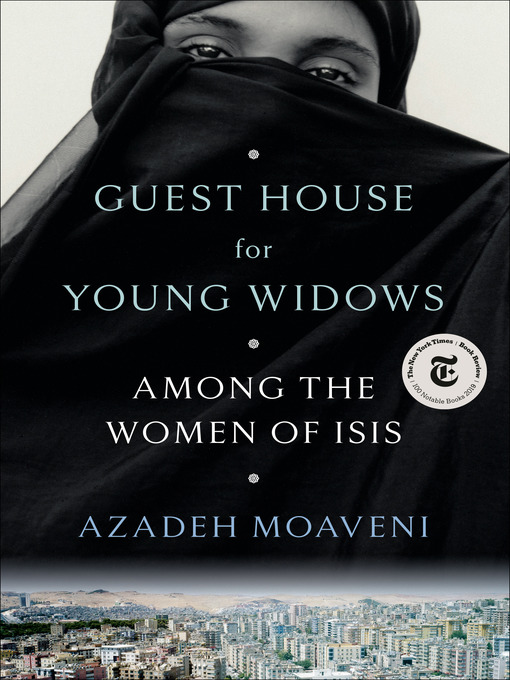- Everyone Reads: Social Emotional Learning
- Lonely Planet Travel Guides
- Spotlight on: Mental Health
- Deaf Culture, Experience, and History
- Autism Awareness
- Employment and Career Resources
- Black Lives Matter - Books for Young People
- Celebrate National Native American Heritage
- Latinx Authors
- Anti-Racist Reading
- Schomburg Center Black Liberation Reading List
- Books to Battle Quarantine Sleep Problems
- Never, Never, Never Give Up
- See all useful topics collections
- eBooks with no wait lists!
- eBooks: Best 2022 Adult Fiction Titles
- Most popular
- Just Added
- Books in Spanish/Libros en Español
- SciFi Old & New, Contemporary & Classic
- Read-Along Books
- Popular Mysteries
- Try something different
- Why Wait? Always Available Classics
- Comics and Graphic Novels
- Escape into History: Historical fiction
- Manga for Grownups
- See all ebooks collections
- Always Available Audio
- It's Your Lucky Day! Audiobooks+
- eAudio: Best 2022 Adult Fiction Titles
- Modern Scholar Audiobooks - NO WAITING!
- Legacy Washington Audio Collection - Listen NOW!
- Most popular
- Just Added
- Spanish/Audiolibros en Español
- Stranger than Fiction
- Try something different
- Family Road Trip Audiobooks
- You can't hit pause on these thrillers
- Best Audiobooks under 3 Hours
- See all audiobooks collections
- 2023 Washington State Book Award Finalists (WSBA)
- Best of 2022: Adult Nonfiction
- Now's Your Chance!
- En español - lo nuestro
- Microhistories - Get down in the weeds with these intriguing titles!
- D-Day, June 6, 1944
- Unreliable Narrators
- Bibliotherapy
- Steampunk
- Dealing with Addiction
- Historical Fiction
- Presidents and Politics
- Laughing all the way to the bank
- See all eyes and ears collections




